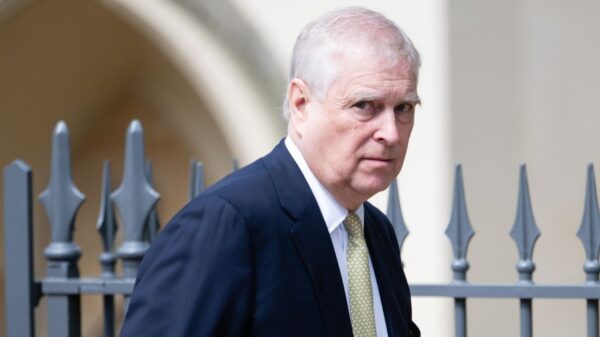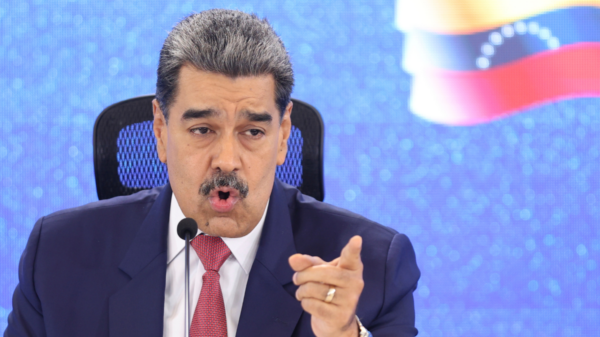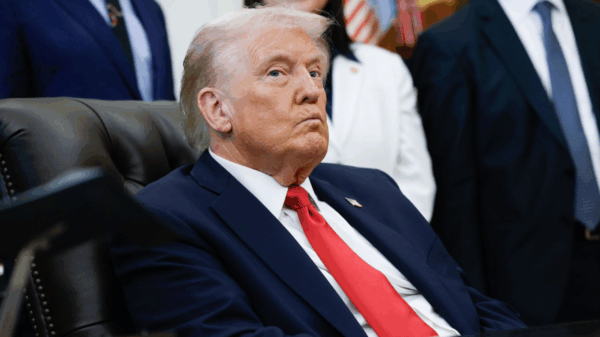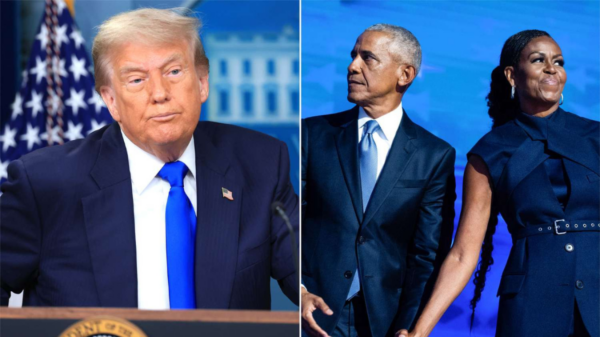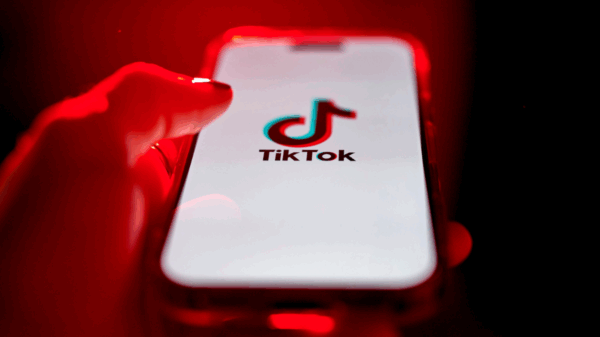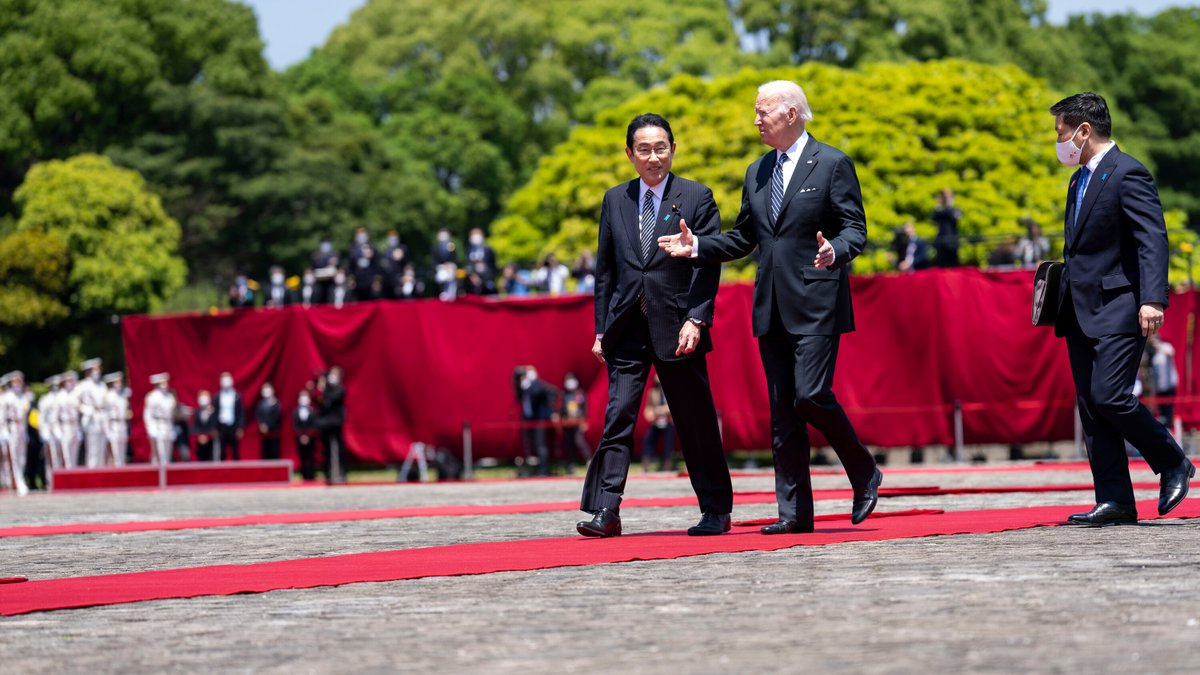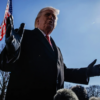TOKYO (Fwrd Axis) — President Joe Biden on Monday launched an economic agreement, known as the Indo-Pacific Economic Framework, with over with dozen countries to counter China’s influence on the global economy, administration officials said.
The announcement of the Indo-Pacific Economic Framework came just hours after Biden met with Japanese Prime Minister Fumio Kishida in Tokyo during the second leg of his first presidential trip to Asia.
Other countries participating in IPEF include Australia, Japan, India, South Korea, Indonesia, the Philippines, Malaysia, Thailand, and Vietnam. Also included are smaller countries such as Brunei, New Zealand, and Singapore.
“This framework is intended to advance resilience, sustainability, inclusiveness, economic growth, fairness, and competitiveness for our economies. Through this initiative, we aim to contribute to cooperation, stability, prosperity, development, and peace within the region,” the countries said in a joint statement.
“It is by any count the most significant international economic engagement that the United States has ever had in this region,” Commerce Secretary Gina Raimondo said ahead of the event in Tokyo.
Notably, Taiwan, an island that China claims as its territory, is not a part of the group. Speaking to reporters aboard Air Force One on Sunday, national security adviser Jake Sullivan said the U.S. is looking to strongly develop its economic relationship with Taiwan.
“The Framework will be open to others,” Biden told the leaders from over 13 countries. He noted that each country would have to meet certain requirements to be a part of the framework.
It is expected the Indo-Pacific Economic Framework will replace the TPP, which former President Donald Trump pulled out of after he took office in 2017.
The countries said in a joint statement that the pact will help them “prepare our economies for the future” following the coronavirus pandemic causing disruption.
“The pandemic has also emphasized the importance of strengthening economic competitiveness and cooperation and securing critical supply chains, while stimulating job growth and improving economic opportunities, including for our workers, women, medium- and small enterprises, and our societies’ most vulnerable groups,” the joint statement from all countries read.






